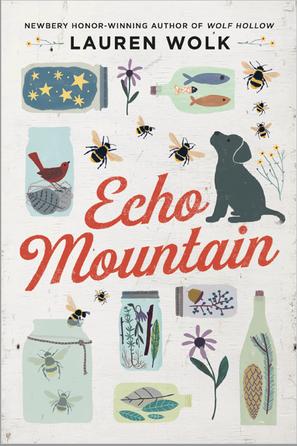
Echo Mountain is a fabulous new story from the award-winning Lauren Wolk, out in 2020 from Dutton/Penguin Young Readers. Now that I’ve read it, I can’t wait to read Lauren’s other books, including Wolf Hollow, which won a Newbery Honor in 2017, and Beyond the Bright Sea, which won the Scott O’Dell Award in 2018 (among many awards, too many to name).
Lauren also writes for adults, pens poetry, and is a mixed-media artist, and today she’s here on my blog to talk all-things writing-related.
But first, a book giveaway! Hop to the end of this post to sign up for a chance to win your own copy of Echo Mountain, then come back to read a bit about Lauren’s process in writing such a wise and heartfelt story. Deadline to enter: Tuesday, March 16, 2021, at 11:59 PM.
A.B. Westrick: Lauren, welcome to my blog!
Lauren Wolk: Thank you, Anne, for inviting me.
ABW: I want to start with the flow of your writing—how you describe common experiences in new ways. For example, here’s a line from page one of Echo Mountain:
I cradled [the puppy] close against my chest as if I had two hearts but only one of them beating, then carried him away from the woodshed, into the pale spill of morning light.
Elsewhere you describe light this way:
…the day was still just an ordinary spring day—night still waiting far beyond the curve of the world… (p. 109)
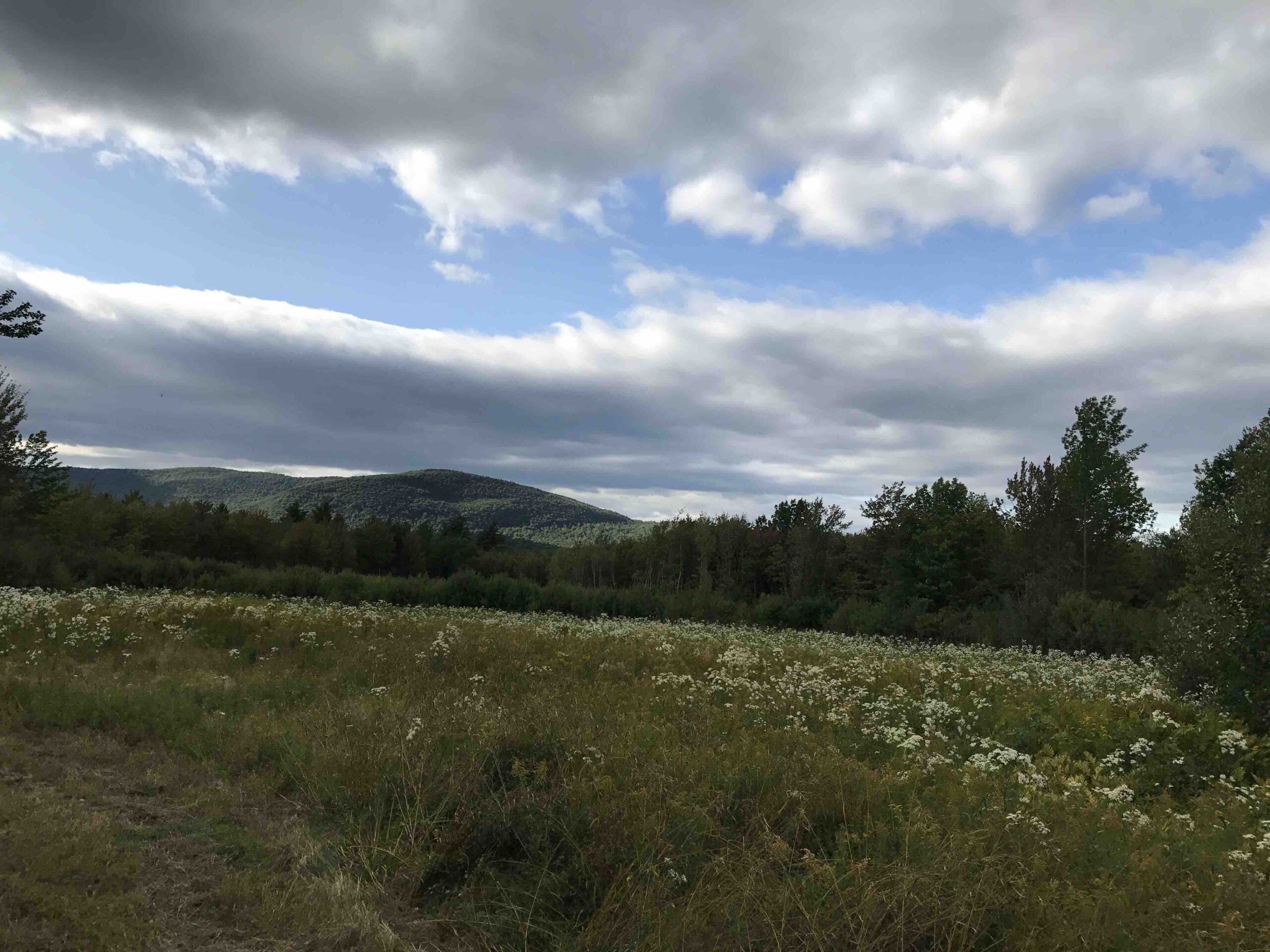
I love your writing! And thank you for supplying a photo of the landscape that inspired this story.
So my question is: do your first drafts flow out of you as easily as your final version reads? (Did the lines I quoted above appear in your first draft, or did you add them later?) Tell me a bit about your process. I imagine that writing poetry helps you write fiction, yes? No?
LW: I’ll start with your last question. Yes, poetry helps me write the kind of fiction I prefer to write (and read). No matter what I’m reading—no matter what genre—I look for good, fresh, compelling writing first and foremost. And that’s my first goal as I write: to put the right words in the right order and aim for evocative language that will engage my readers. The language in my drafts is therefore close to what’s published, though of course every revision gives me a chance to improve the work.
Sometimes, when the story is unrolling at a terrific pace, I’m tempted to get it all down in a sort of shorthand, especially since plot is always my greatest challenge, but I force myself to slow down enough to focus on the individual words. If I don’t get the words right as I compose, I am not as engaged in the process as I need to be.
ABW: Oh, that’s great. In your effort to get the words right, how many revisions did you take Echo Mountain through? Do you find that you tend to overwrite and later have to cut passages, or do you tend to underwrite the first draft and later sprinkle in figurative language? Both? Neither?
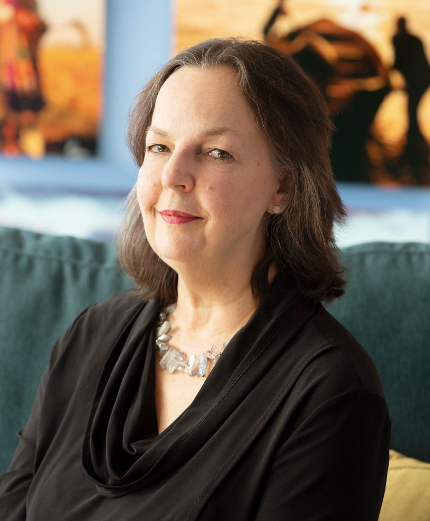
LW: I can’t say for sure how many times I revised Echo Mountain since my process, even during a first draft, involves a lot of rewriting. Especially at the beginning of a book, I tend to start each writing session at the very first word, reading what I wrote at the previous sessions, tinkering as I go, until I reach the spot where I left off and am completely primed to continue. Of course I don’t do that throughout the manuscript. Once the book is really underway I only go back a few pages when I start a new session. So the early chapters of a book are heavily polished by the time I finish a draft, and the rest of it has been reworked to a lesser extent.
After I give the first draft a chance to rest—and give myself the distance I need to be somewhat objective—I go back and create a second draft, polishing the rough patches, filling gaps, paring down the tedious parts, and improving the language as I go. If there’s a long stretch devoted to plot development, I make sure the writing lives up to the storyline, but most of the figurative language is part of the work from the very start.
When that second draft is complete, I send it to my agent. If she thinks it’s ready for my editor, off it goes. If not, I revise a bit more in specific ways before we submit. My editor’s notes guide a third draft. After that, it’s a matter of tinkering, line editing, copyediting, and we’re done.
ABW: So much work, and clearly, the effort is so worthwhile!
Now I have a question about characters and plotting. Echo Mountain takes place during the Depression when “healing arts,” so to speak, were quite different from today; your characters use remedies like honey and maggots to treat infection. In your Acknowledgements, you say, “I sometimes think I should have gone to medical school and become a diagnostician. As it is, I like to investigate sickness and do what I can to cure it.” So I wondered how much your fascination with medicine drove your plot. From the get-go, did you intend to write a story about natural cures for illnesses, or did the medicine-related plot points emerge later, after you’d figured out who the characters were? I guess I’m asking: what came first, the characters or the plot?
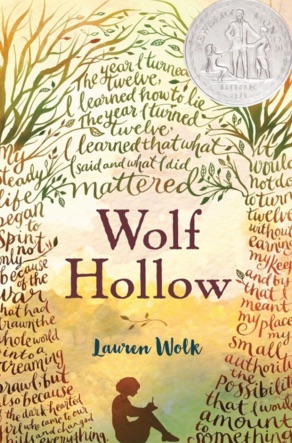
LW: Excellent question. Characters always, always, always drive plot. I follow them through their lives, trusting them to make the important decisions about conflict, both internal and external. But because they are a blend of me, people I know, and people I imagine—and because their genesis is rooted in something I care about deeply … like healing, in this case—the world I live in and the person I am creep into the world and people I’m creating on the page. The trick is to remember, always, to follow as much as I lead.
That’s true of research as well. I only do as much as I must in order to answer my own questions. Otherwise, the research might threaten to drive the story, instead of the other way around.
When I wrote Echo Mountain, I was focused on my protagonist, Ellie, and her essential empathy, her link to other people, her relationship with the natural world, and her desire to heal people by tapping into the wilderness around her. The illnesses in the book and the measures she takes to address them all came as a consequence of that empathy and those relationships. I didn’t foresee them when I began to write. I simply knew I wanted to follow an incredible girl as she, in turn, followed her instincts.
ABW: She really is an incredible girl—young and yet quite wise, and her wisdom is a real strength of Echo Mountain. Consider this line:
“Always,” I said, though it wasn’t true. Though it was. (p. 316)
That’s just one example of many where Ellie manages to hold opposing views simultaneously—to accept shades of gray rather than seeing the world in stark terms, black and white. Another of the book’s many wise themes is the value of learning by doing. Or take this line:
…I learned that loneliness shared is loneliness halved. (p. 129)
I could go on and on! When you began writing Echo Mountain, did you plan to imbue the story with themes like these, or did the themes emerge during the writing process?
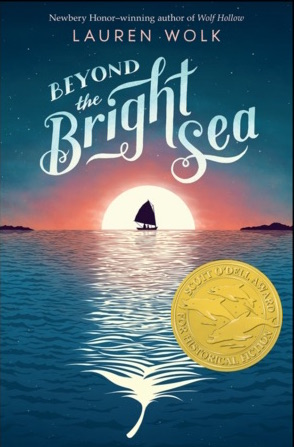
LW: Before I start writing a book, I spend a few weeks on setting, entirely in my head. I decide on the place, and then I let myself daydream about it. Eventually, a person rises. One person. And I watch her as she lives her life in this place. I spy on her. Listen to her voice. Wonder about her moods. And watch as, inevitably, a second character enters the scene. At this point, I start to write before the story begins to reveal itself. I never want to know what’s going to happen … until it does. I want the writing to be part of that process because it is through the words that I am able to slip into my protagonist’s skin.
Likewise, I don’t want to know what the themes are. I want them to emerge as the story unfolds and the characters develop. Of course they are linked to my original musings, but they rise in their own good time.
For instance, right now I am absorbed in daydreams about my next book. I believe it will take place on an apple farm near the sea. The girl I keep glimpsing among the trees is a very quiet girl. A loner. I keep seeing her outside at night, in the moonlight, the trees around her heavy with fruit. And there’s a wall at the end of the orchard. Something’s beyond it, though I don’t know what. And the farm house where she lives is empty, though I don’t know why. I’ll spend a few more weeks with this girl before I start writing. I’ll let her tap into who I am, and I’ll tap into who she is. And then we’ll go on an adventure together.
ABW: I’m leaning in, hanging on every word as you describe this girl in the orchard. You bring depth and nuance to every page. Do you have any tips for aspiring authors to help them do the same?
LW: My best advice to aspiring writers is not to aspire but to DO. Aspirations and hopes and dreams are all linked to what comes after the book is done: publication, an audience, perhaps a living, perhaps acclaim. None of that is possible without THE WORK. The right words in the right order.
When someone tells me she wants to be a writer, I say, “Then write!” If someone tells me she wants to be a published author, I say, “Then write, write, write, revise, revise, revise, share your work, listen to criticism, revise some more, find an agent, send her your manuscript, prepare yourself for rejection, and start writing something new.”

Good writers are perceptive, hardworking, and dedicated to their craft, regardless of the more public part of the process. So, finally, to answer your question: to achieve depth and nuance, I focus all of my attention on the words, and none of my attention on what comes later. My advice is to be in the moment, in the scene, in the story as it unfolds, as close to your protagonist as possible. Writing in the first person has helped me achieve that closeness. That immediacy. Which is as the heart of everything else.
ABW: Great advice. Okay, finally: what are you working on now, and when is your next book coming out?
LW: I wrote two new middle grade novels in 2020. The pandemic, politics, and other stressful layers of the year inspired me to be more focused than ever on writing that took me out of one world and rooted me deeply in another: the one on the page. The first of those novels is with my editor and will likely come out in 2022. The other is with my agent and will have to wait its turn. I have a couple of others that I wrote a while back and need to revise before I take next steps. And then a new one—in that dark apple orchard—will demand some ink soon enough. All while I’m revising the two that are next in line. It’s not easy to live multiple lives simultaneously, but it is invigorating. And I’m never, ever lonely.
ABW: Thank you so much for doing this interview, Lauren, and for writing such compelling fiction.
LW: Great to be here!
ABW: I want to close with two of my favorite passages from Echo Mountain. Here’s the first:
[The stars] leaned down as if they thought I might have something to say. Or as if they did. But the wind had a louder voice, and it told me to hurry now. (p.141)
Isn’t that wonderful? And how about this…
But the closer we got to the cabin, the more I was able to see what the bear saw in the eye of the purple aster, what the crow saw from her topmost nest, what any untamed creature knew from the moment it first opened its eyes: that life is a matter of moments, strung together like rain. (p. 296)
My heart is on that mountain!
Readers who want to know more about Lauren and her books can find her at Facebook, Twitter, Instagram, and her website. If you visit, be sure to say so in the Rafflecopter below. Each entry earns you a chance to win a copy of Echo Mountain. The deadline to enter is Tuesday, March 16, 2021, at 11:59 PM. Multiple entries on multiple days are welcome. On March 17, I’ll ask the Rafflecopter to choose a random winner. Good luck!
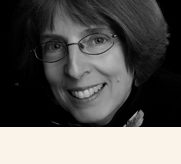
Sounds like the writer really enjoys her work. Important. Good interview.
Thank you for reading, as always, Lenore! Yes, Lauren clearly loves what she does. Her writing inspires me.